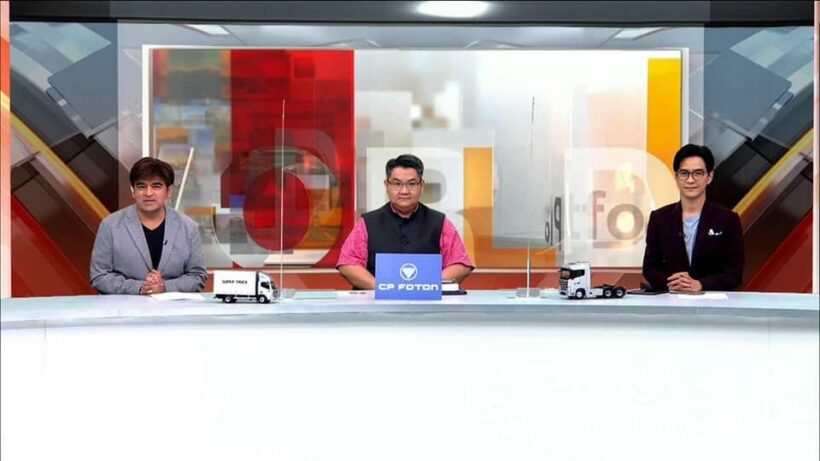Thailand’s nonpartisan stance sensible in China-US Cold War

Thailand yesterday was urged to maintain its neutrality as tensions between the globe’s two economic giants, China and the United States, continue to gather pace.
Thailand last week was criticized for maintaining a neutral stance regarding the Russia-Ukraine conflict as the West continues to impose sanctions on the former Soviet state. The kingdom has been also condemned in the past for its close economic ties with China. But Thailand was praised by experts yesterday for its nonpartisan stance at a seminar titled “Asia-Pacific Regions’ Challenges and Development” amid emerging geopolitical tensions between China and the US.
Director Chulalongkorn University’s Asean Studies Centre Piti Srisangnam highlighted there is a new world order involving the US and China, and Thailand needs to remain impartial.
“These two superpowers are bidding to extend their economic influence across the globe, resulting in a clash of contradicting treaties, policies and regulations.
“Thailand must be clear in its own stance when confronting this multipolar scenario, which has been dubbed the new ‘Cold War.’
“We must declare that we are a nonaligned country, ready to collaborate with all parties based on mutual and equal interests with counterparts.”
Piti believes the kingdom should establish a stronger social, political, and economic bond with its ASEAN neighbours, South Asia, and the Middle East, maintaining its position of not interfering in international quarrels but offering humanitarian aid when necessary.
“If we stick strictly to global rules that are widely accepted, no one can easily threaten our country.”
Thailand’s former ambassador to China, Piriya Khempon, believes that cooperation is the keyword for the kingdom’s continued growth.
“Competition and confrontation should take a back seat in Thai foreign affairs as these were win-lose strategies. Cooperation, on the other hand, was a win-win approach.”
President of the Thai-China Belt and Road Investment Trade Association, Tarakorn Wuttisatirakul, backed Piriya’s blueprint.
“Cooperation with other countries via the BRI project was a shortcut to Thailand’s development, especially in terms of technology, security and sustainability.”
Meanwhile, China President Xi Jinping travels to Kazakhstan tomorrow to meet his Russian counterpart Vladimir Putin at a meeting of the Shanghai Cooperation Organisation in Samarkand, Uzbekistan. India’s prime minister Narendra Modi, Iranian president Ebrahim Raisi and Pakistan prime minister Shehbaz Sharif are also expected to attend the meeting.
SOURCE: Nation
Latest Thailand News
Follow The Thaiger on Google News:


























